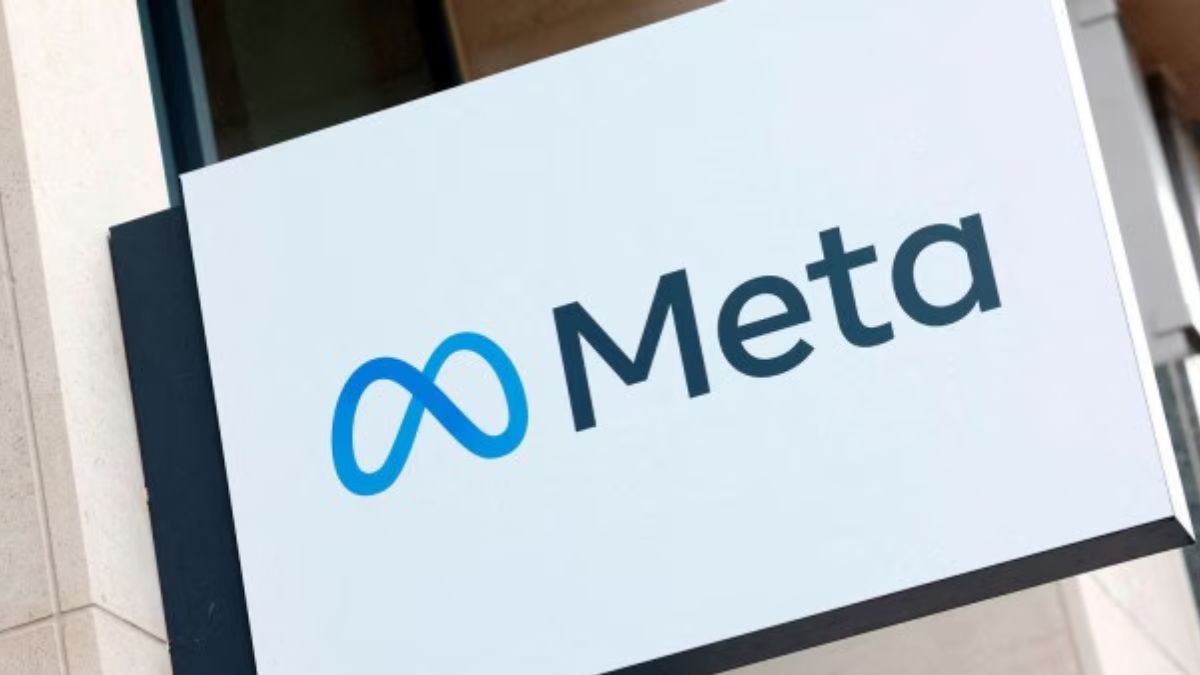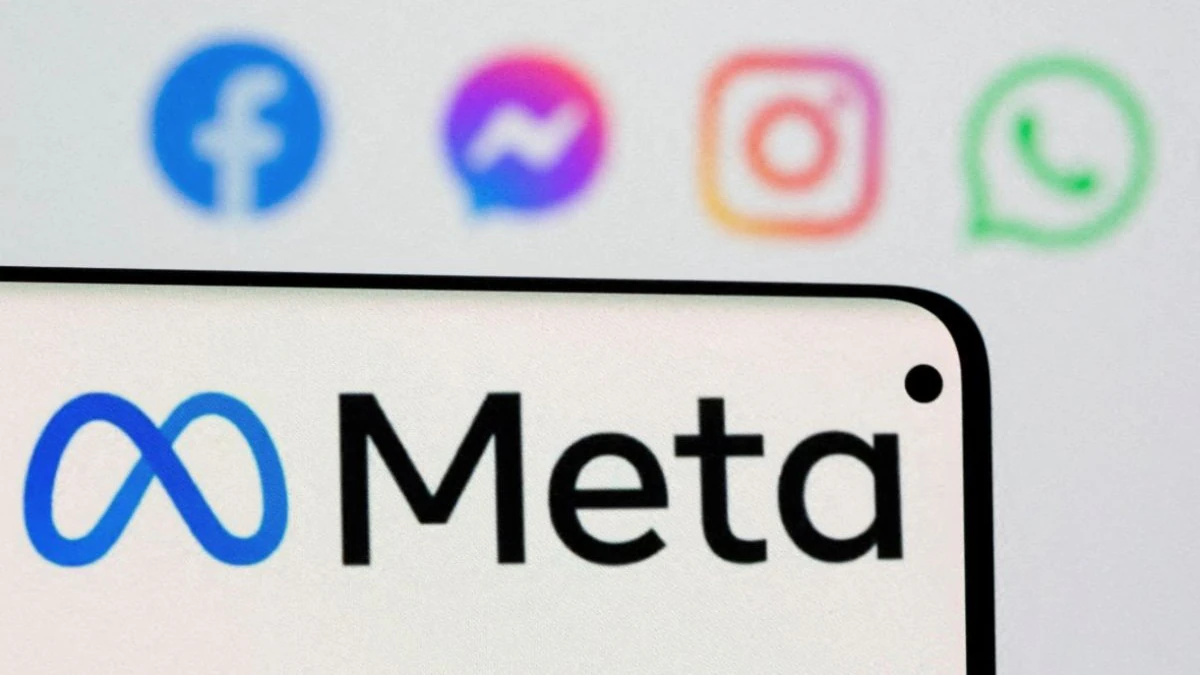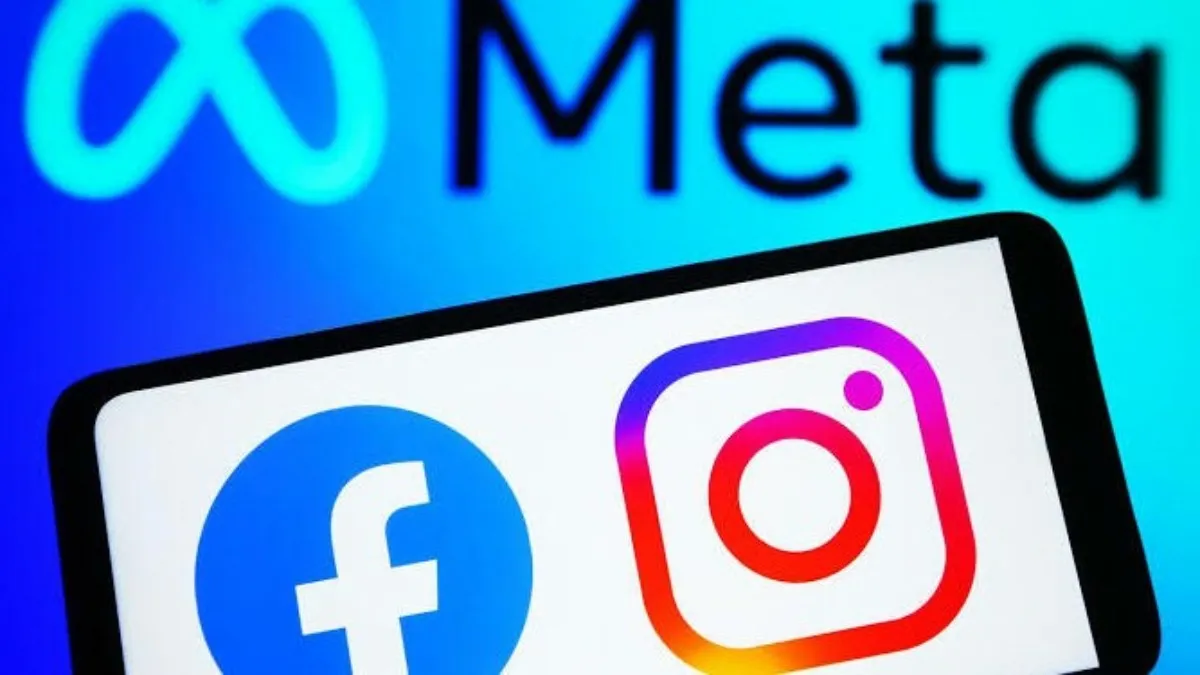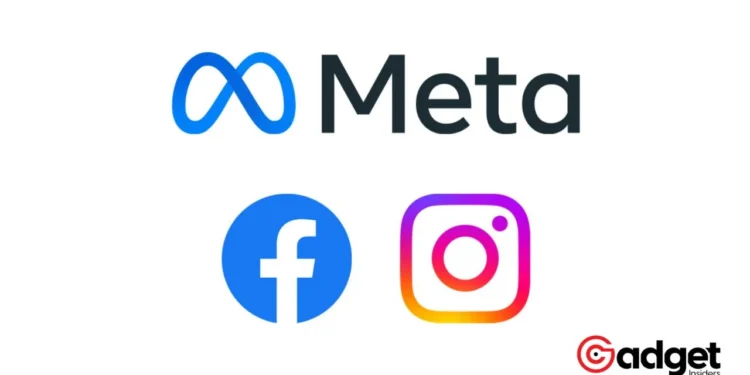In an unexpected turn of events that gripped the digital world, Meta found itself at the center of widespread technical turmoil, as users globally were unexpectedly logged out of their Facebook and Instagram accounts. The incident, which unfolded over several hours, led to a flurry of activity across other social media platforms as individuals scrambled to understand the cause of the outage.

Meta Responds to the Chaos
Meta was quick to acknowledge the issue, with spokesperson Andy Stone stepping forward to offer reassurance. “We’re aware people are having trouble accessing our services. We are working on this now,” Stone’s statement aimed to quell the growing unrest among the digital populace.
This response was crucial, as it highlighted Meta’s awareness and immediate action towards resolving the crisis, a move watched by millions around the globe.

In the digital age, where social media platforms form the backbone of daily communication, interruptions, no matter how brief, can feel like an eternity to the disconnected user. This outage was no different, sparking a wave of frustration and confusion.
The Plot Thickens with Claims of a Cyber Attack
Amidst the outage, the internet was rife with speculation. A notable claim came from the shadowy corners of the web, with Anonymous suggesting that Meta had fallen victim to a cyber attack.
This assertion added a layer of intrigue and speculation to the ongoing narrative, weaving a tale of vulnerability in the seemingly impregnable fortress of social media giants.
Technical Glitch or Cyber Sabotage?
As the hours ticked by, Meta provided an update, attributing the outage to a ‘technical issue’ that had since been resolved. This clarification aimed to dispel rumors of cyber sabotage, yet it did little to curb the avalanche of memes, jokes, and theories that flooded other platforms like X (formerly Twitter).
The social media landscape, ever ready to lampoon a competitor’s misfortune, found ample material in Meta’s predicament.
Users of Meta’s social media platforms, Facebook and Instagram, have been in a panic since Tuesday afternoon after receiving "session expired" or “failure to load” error messages.
The outage started around 3:00 p.m. and is ongoing, with no word on when it will be fixed. pic.twitter.com/TdikdQLE8F
— NBC Digital News (@NBCDigitalNews) March 5, 2024
The Ripple Effects of a Digital Disruption
The outage, though brief in the grand scheme of things, had a palpable impact on the digital community. Downdetector’s statistics painted a vivid picture of the chaos, with reported outages on Facebook and Instagram reaching staggering numbers before plummeting back to normalcy.
This disruption served as a stark reminder of the fragility of our digital dependencies and the speed at which inconvenience can spread across the global village.
The Aftermath: Humor, Reflection, and Conspiracy
In the wake of the outage, the digital world did what it does best: it laughed, speculated, and moved on. The humor that emerged from the situation ranged from gentle ribbing to outright mockery, with photoshopped images of tech moguls and jests about the day’s events filling feeds across platforms.
Yet, beneath the laughter lay a thread of reflection on our collective reliance on social media and the potential consequences of its failure.
Interestingly, the timing of the outage on ‘Super Tuesday’ added another layer of speculation, with some pondering if the disruption was more than a mere coincidence. This conjecture, while unfounded, underscored the intricate ties between social media and the broader socio-political landscape.

A Digital Wake-Up Call for Meta
Meta’s unexpected outage serves as a modern parable about the vulnerabilities inherent in our interconnected digital lives. While the platforms have since returned to normal operation, the event underscores the need for vigilance, transparency, and perhaps a dash of humor in navigating the digital age.
As we continue to weave social media more tightly into the fabric of daily life, incidents like these remind us of the importance of resilience, both in our technology and in our communities.










